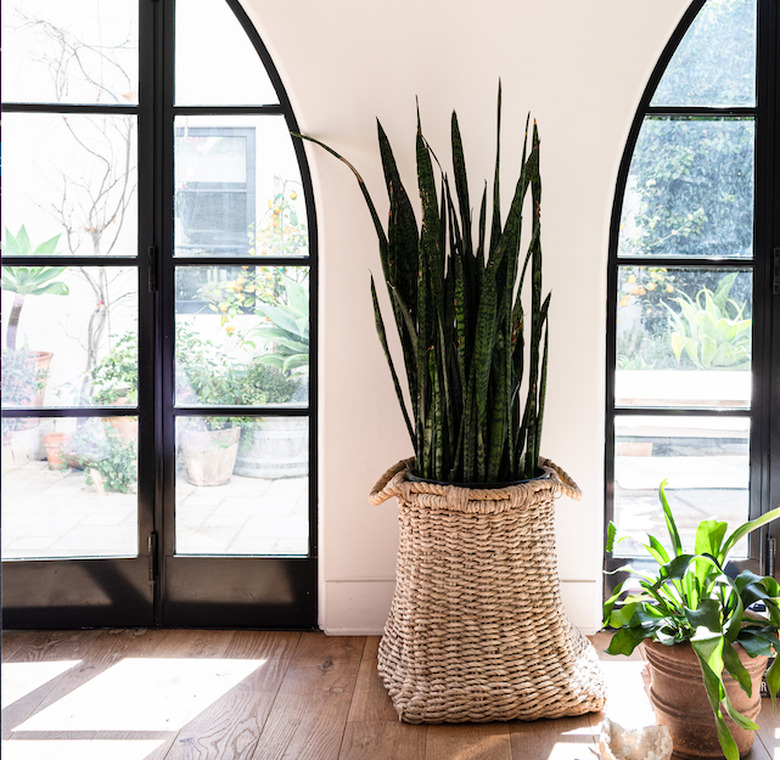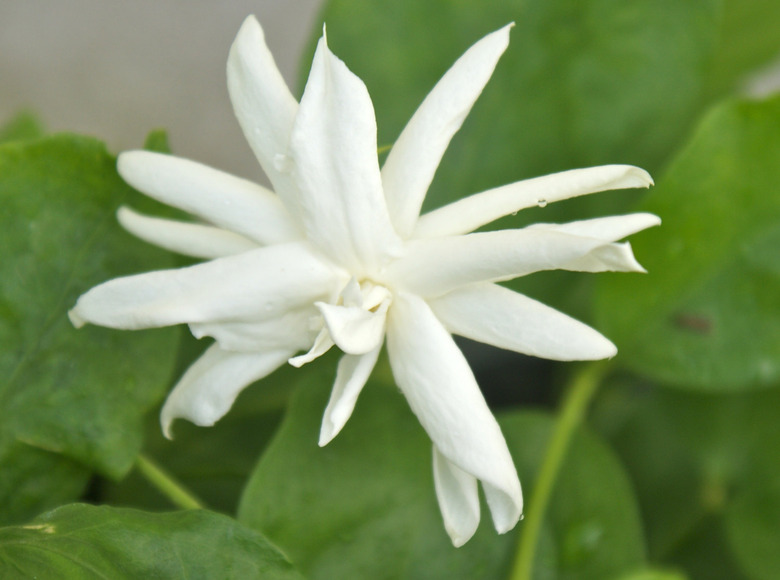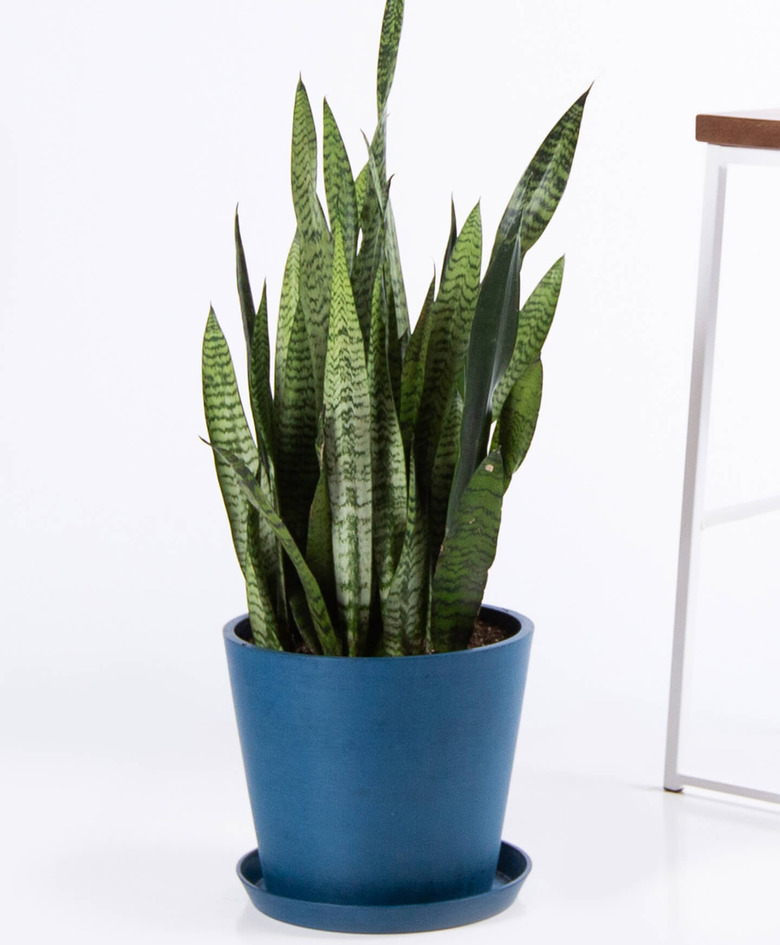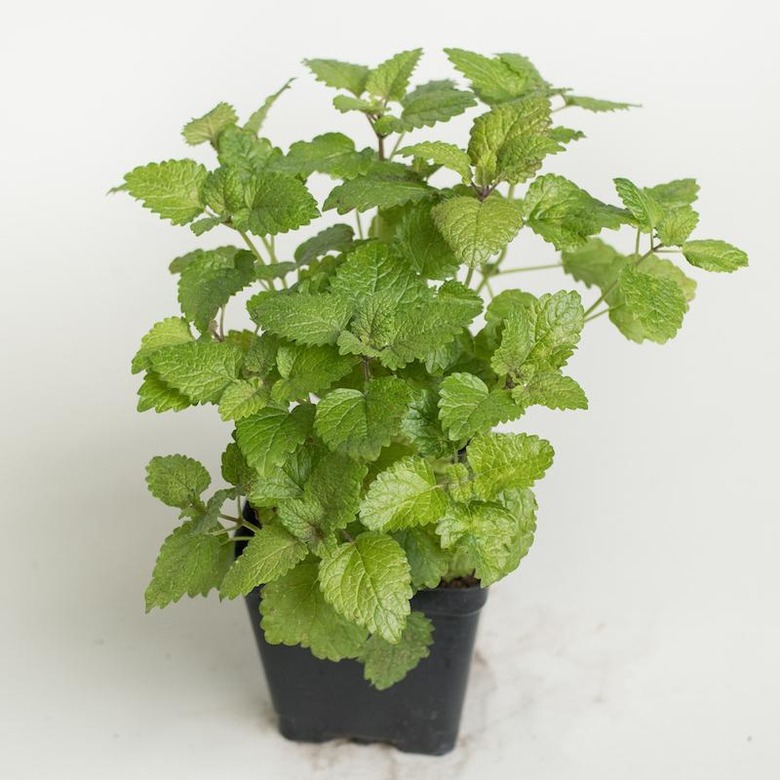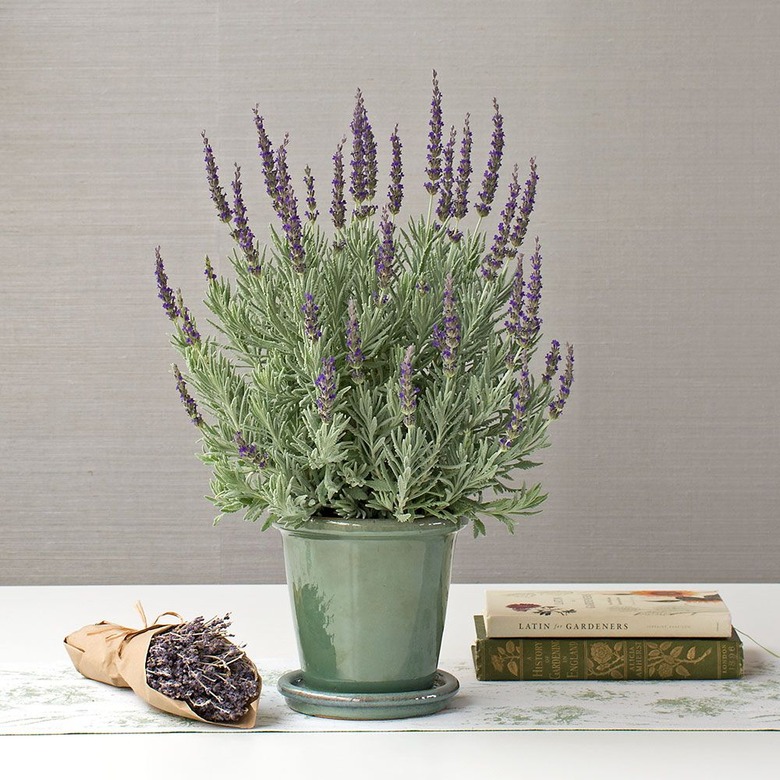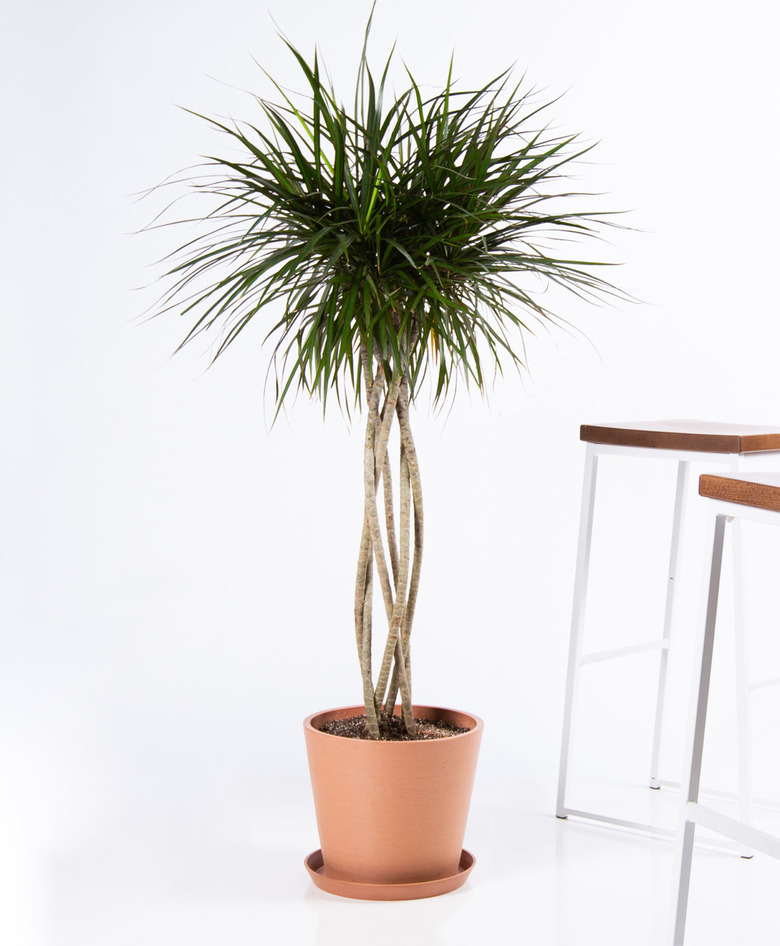These Houseplants Have Special Properties That Soothe And Calm You
Some moments in your life are just more stressful than others. When anxiety comes knocking at the door, the right houseplants can help to soothe and calm you. It's common knowledge that plants can suck toxic gasses from the air. And some easily make every room smell good. But here's the latest benefit we're hearing about: plants can help reduce your stress levels and calm your household.
Many Facets of Calm
Many Facets of Calm
Calm may not mean exactly the same thing to everybody. The signs of being calm for you might be slow-beating heart and a mind at peace. Someone else might say a relaxed body that drops off into deep sleep when it's bedtime.
Plants can help nudge you in this general direction by reducing blood pressure, slowing heart rates, clearing gasses from the air, and helping you sleep. While this info is currently trending, the knowledge is far from newly-hatched. It has been part of traditional medicine from time out of mind. While many plants fall into the "calming" category, here are a few that belong on the very top of your list.
Jasmine (Jasminum spp.)
Jasmine (Jasminum spp.)
You likely know jasmine as an easy-to-grow vining plant with delightfully fragrant, frothy white flowers. After all, the name comes from the Persian yasmin, meaning "a gift from God" referring to its incredible aroma.
But this plant has long been reputed for treating anxiety and insomnia. Today, some researchers tout it as a possible natural alternative to Valium. It has been found to be more effective than anti-anxiety meds in calming nerves and better than sleeping pills in promoting quality sleep. It even is said to keep viruses at bay.
Jasmine houseplant care: Jasmine is often grown as a garden shrub, but it's perfectly wonderful indoors as well. Place a jasmine houseplant near a south-facing window and supply a support. Keep the soil moist but not soggy.
Snake Plant (Sansevieria spp.)
Snake Plant (Sansevieria spp.)
Anyone who doesn't get enough quality sleep is going to feel distressed the next day. And regular insomnia leads to chronic anxiety. The snake plant can help restore calm. This West African native is a champion at releasing oxygen at night, a key to a good night's sleep.
But that's not all. The snake plant helps anyone stressed from eye irritation, headaches or breathing problems as well. It has amazing abilities to remove toxic gasses from the air including Benzene and Trichloroethylene.
Snake plant care: A handful of houseplants are truly carefree, and the snake plant is one of them. It likes bright light, but can thrive in low light. Irrigate every few weeks and that will be plenty.
Lemon Balm (Melissa officinalis)
Lemon Balm (Melissa officinalis)
Lemon balm is a plant with bright, cheerful foliage. Its toothed leaves grow in dense and lush on the slender stems. In the spring and summer, the plant produces clusters of tiny yellow blossoms. Crush one to experience the sharp, pleasant, lemony smell.
The leaves of the lemon balm plant have been used since the Middle Ages to relieve stress and anxiety. A tea made with lemon balm leaves is said to soothe symptoms of stress. Studies have backed up these claims as researchers studying lemon balm determined that the herb eases stress and increases a sense of serenity.
Lemon balm houseplant care: Give your lemon balm a sunny spot to call home, excellent drainage, and regular water. Don't think twice about snipping leaves for tea: this fast growing herb will keep up whatever pace you set.
Lavender (Lavandula spp.)
Lavender (Lavandula spp.)
The Provence region of France is renowned for vast rolling fields of bright purple lavender, and its perfume is just as impressive as its color. But did you know that the gorgeous fragrance has been proven to lower stress and anxiety levels?
Lavender is a member of the enormous mint family, and 2000 years ago it was considered a "holy herb" that could be used for insomnia and stress. Today, studies have confirmed that the powerful fragrance calms anxiety, lowers heart rate, and improves sleep quality in stressed people.
Lavender houseplant care: While it would be nice to have fields of lavender plants extending on and on to the horizon, even just one potted lavender can bring you the calm you desire. Lavender makes a good houseplant and doesn't require much maintenance, as long as the soil and container offer excellent drainage and the plant gets lots of sun.
Madagascar Dragon Tree (Dracaena marginata)
Madagascar Dragon Tree (Dracaena marginata)
With its palm-like leaves edged in blood-red and purple, the Madagascar dragon tree naturally attracts attention. It can grow as tall as you are and serve as the focal point in any room. But it's also celebrated for promoting a clean, relaxing ambiance.
The air-purifying properties of this magnificent houseplant are truly remarkable. It wipes the air clean of toxic chemicals including xylene, trichloroethylene, and formaldehyde. These nasties can find their way into your house through varnishes, lacquers, and gasoline and are known to rise stress levels, decrease concentration and increase anxiety.
Madagascar dragon tree care: These impressive houseplants prefer bright indirect sunlight, but will accept low light too, though their leaves may get thinner and their foliage a darker green. Dragon trees like regular water, but be sure the drainage is excellent and allow the soil surface to dry out between drinks.
References
- Serenata: 8 Plants with Anti-Anxiety Benefits
- Urban Leaf: 5 Ways Plants Can Help You Relax
- Solara Mental Health: Jasmine for Better Mental Health
- Old Farmer's Almanac: Jasmine Indoors
- Penn State Hershey: LEmon Balm
- WebMD: Lavender
- Everyday Health: What Are the Possible Benefits of Lavender?
- Plant Care Today: Dracaena Marginata
